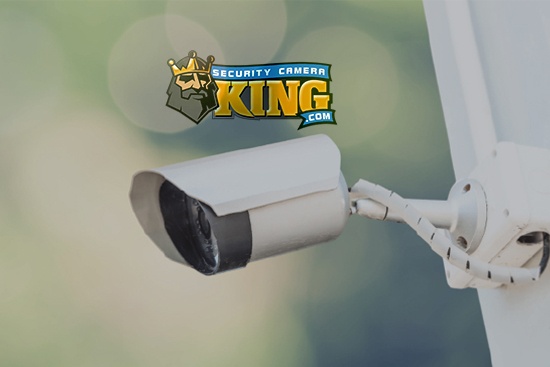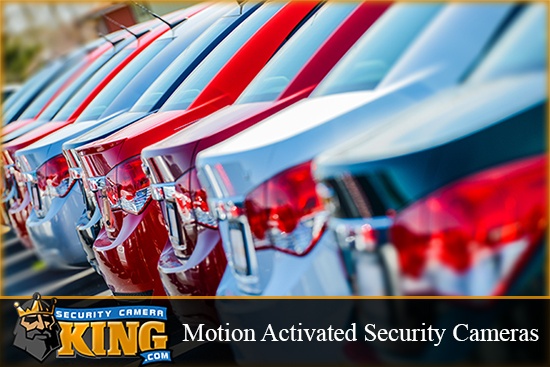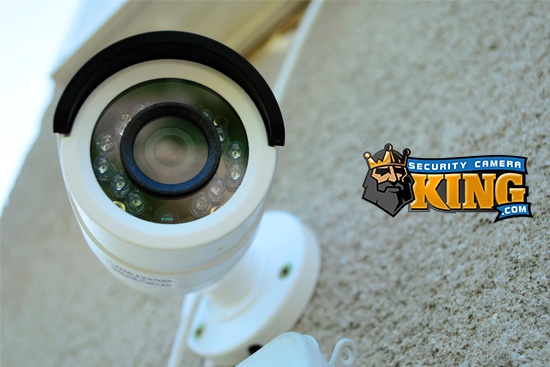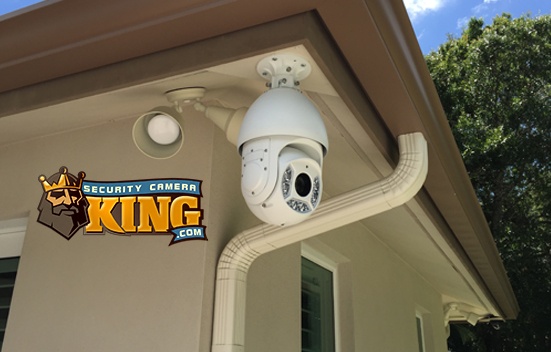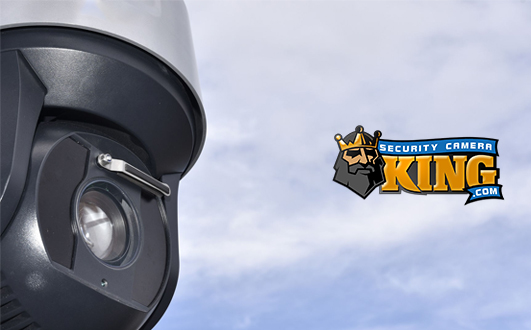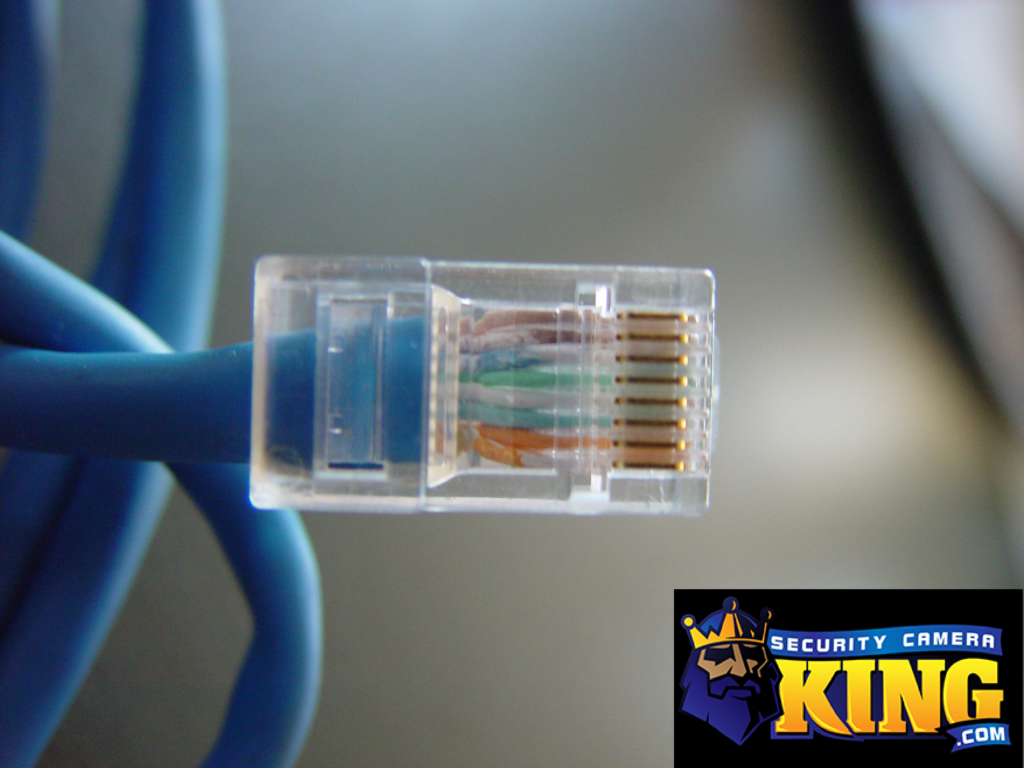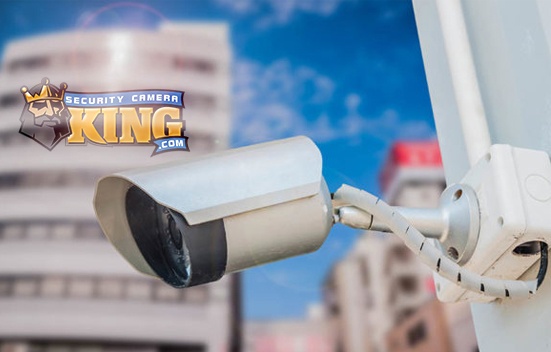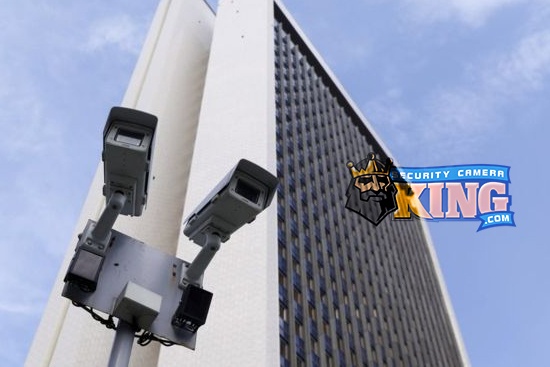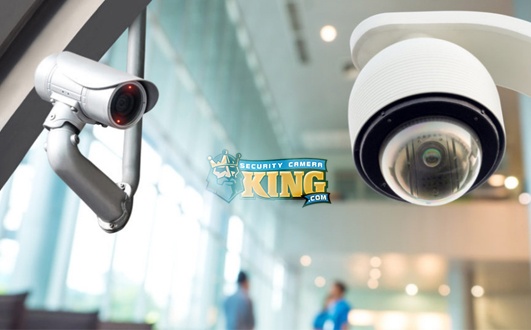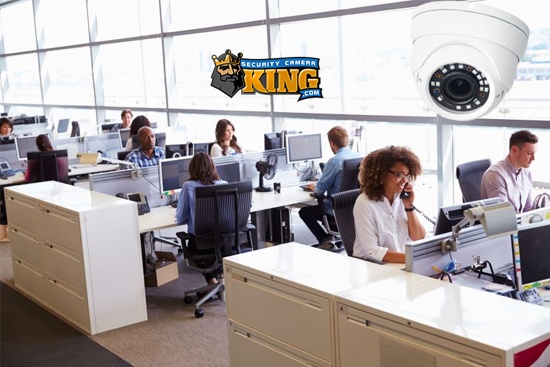 If you own a boat or a yacht then a deck security system is a small investment that can yield large returns in the area of security and surveillance. In addition, a deck security system offers you the peace of mind of knowing that your craft or vessel is safe and sound.
If you own a boat or a yacht then a deck security system is a small investment that can yield large returns in the area of security and surveillance. In addition, a deck security system offers you the peace of mind of knowing that your craft or vessel is safe and sound.
There are many types of digital video security systems that are suitable for use on your boat’s deck. If your boat is docked at a slip that provides electrical power, or your yacht has its own on-board generator, then there is an even greater selection of security systems available for use.
Let’s consider these deck security systems as two different categories. One type requires external electrical power supply either in the form of typical house current or as DC (Direct Current) supplied by the boat’s battery and the other contains its own self-sustainable on-board power supply. We’ll discuss the latter type first.
There are many different types of digital video security camera systems that can function by using rechargeable batteries. These systems are usually an “all-in-one” type system where the camera and Digital Video Recorder are all one unit. These deck security systems are usually suited for smaller craft, where one camera can satisfactorily cover the target area for security surveillance. In addition to creating digital video files these cameras often are capable of taking digital still photographs as well.
These systems usually contain an infrared (called a PIR) sensor. The sensor acts as a switch to turn the camera on and off when movement is detected. This motion detection switching conserves the power supply so that only a small amount of electricity is needed to maintain the unit when there is no activity.
In addition, the Digital Video Recorder or DVR is normally some sort of flash drive that saves the digital video or still photographs to removable flash media such as a Smartcard, Flash drive, etc. Since the DVR uses flash media, these units have the advantage of being able to remove the storage media and view any recorded data on another device, such as a personal computer for example. The disadvantage with these units is that the flash drives have relatively small storage capacities (for example 2 to 8 Gigabytes) so recording time is limited compared to a typical DVR unit that may have hundreds of Gigabytes of storage. Nonetheless these units are still powerful security devices that can provide high quality images of any one trespassing or tampering with your boat.
Another type of deck security system that is similar to this system uses the boat’s DC current for power. These systems should also be motion activated to conserve energy usage. These units normally run off of 12 volts of DC current so they may possibly be powered by your boat’s battery or by an extra battery carried on board the boat dedicated specifically to the security system. These deck security systems may employ the Flash drive type DVR or may even contain a mini-hard disk drive DVR to record images.
Finally, for slips that provide external electrical power or for ships that contain their own on-board 110 volt AC (Alternating Current) power, standard digital video security systems can be used as deck security systems. These security surveillance system cameras can be mounted either on the deck of the boat or on supportive surfaces of the dock/gangway.
There are several different types of systems that may be used in these cases depending on the resources available, location of the dock, etc. For example, wireless digital video cameras can be used that transmit their video data to a corresponding receiver inside the home or marina. If the home or marina has broadband internet access, these systems can be easily networked using the internet so that the owner can monitor the boat area anywhere in the world there is internet access. This includes using 3G or 4G cellular smart phones to view the target area.
Depending on the equipment used, these deck security systems may be able to store up to four weeks or more of continuous video monitoring. These systems can also include audio recording, motion detection, and many other features as well.
Regardless of the deck security system you choose, make sure the camera(s) are designed for outdoor use so they are protected from the elements, especially water. Cameras used for this purpose should have an Ingress Protection (IP) rating of at least IP65.

